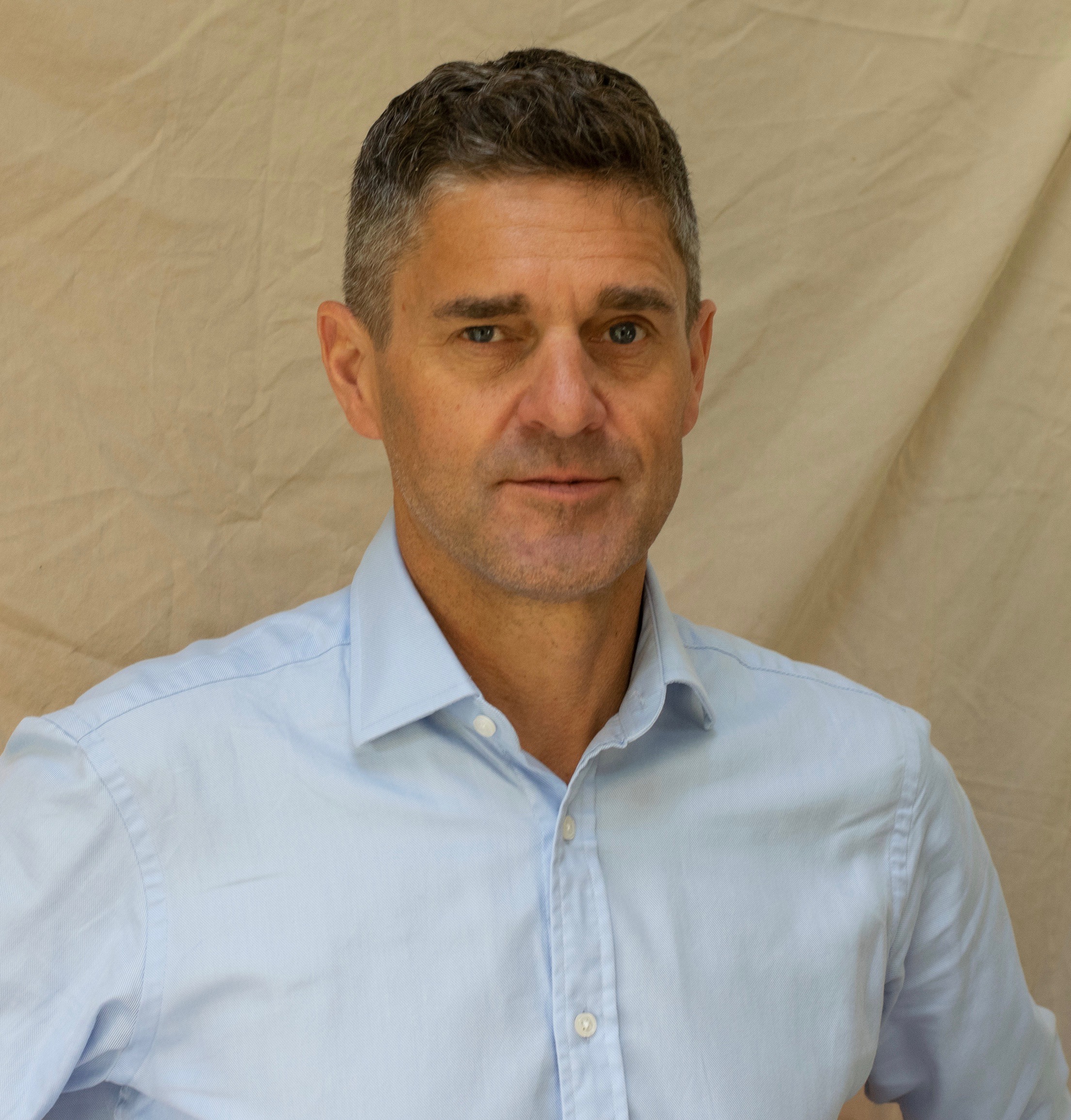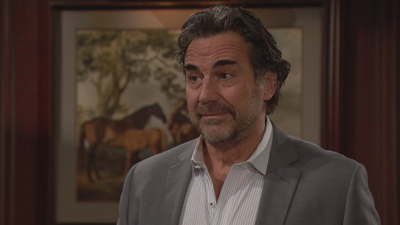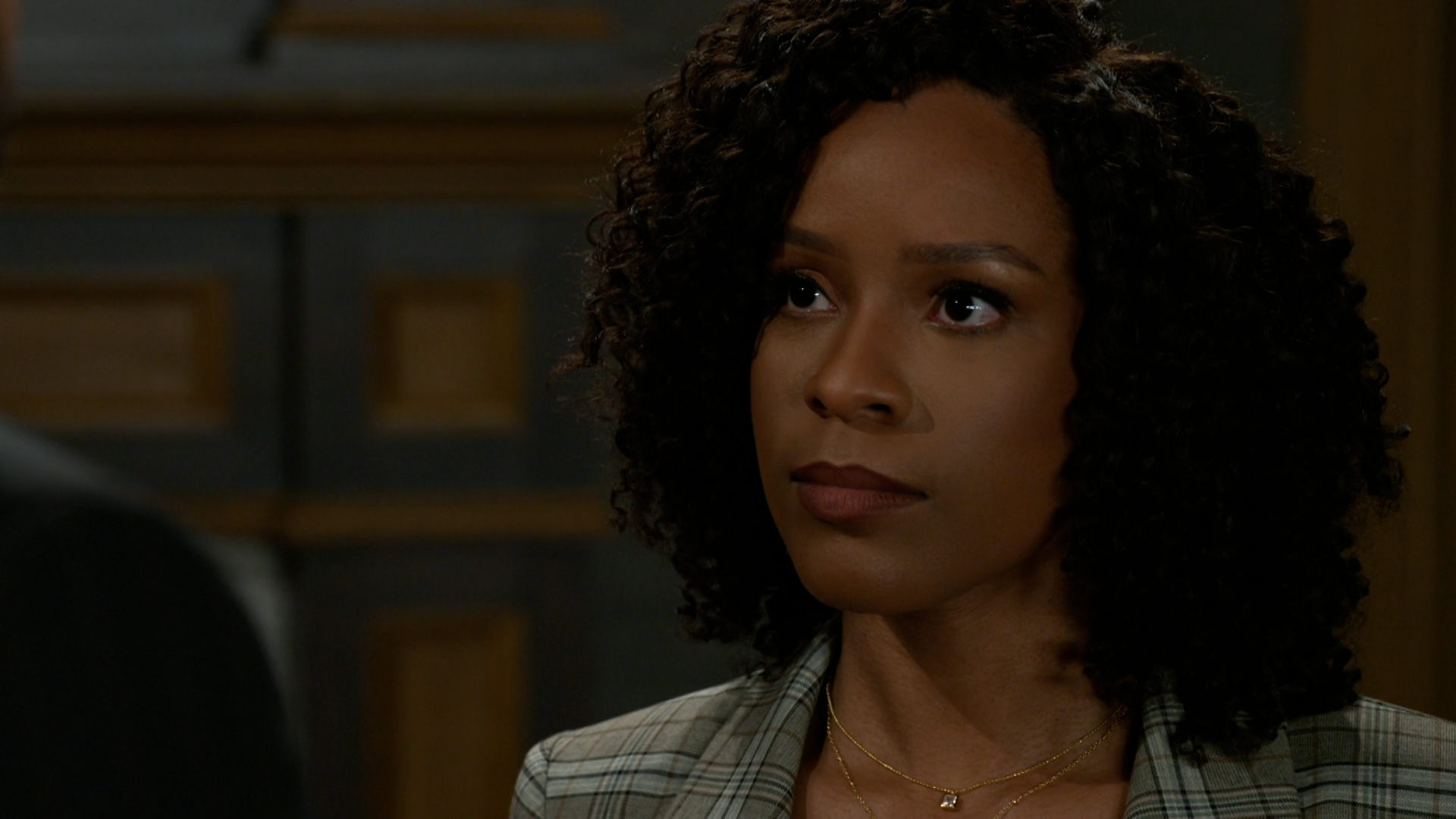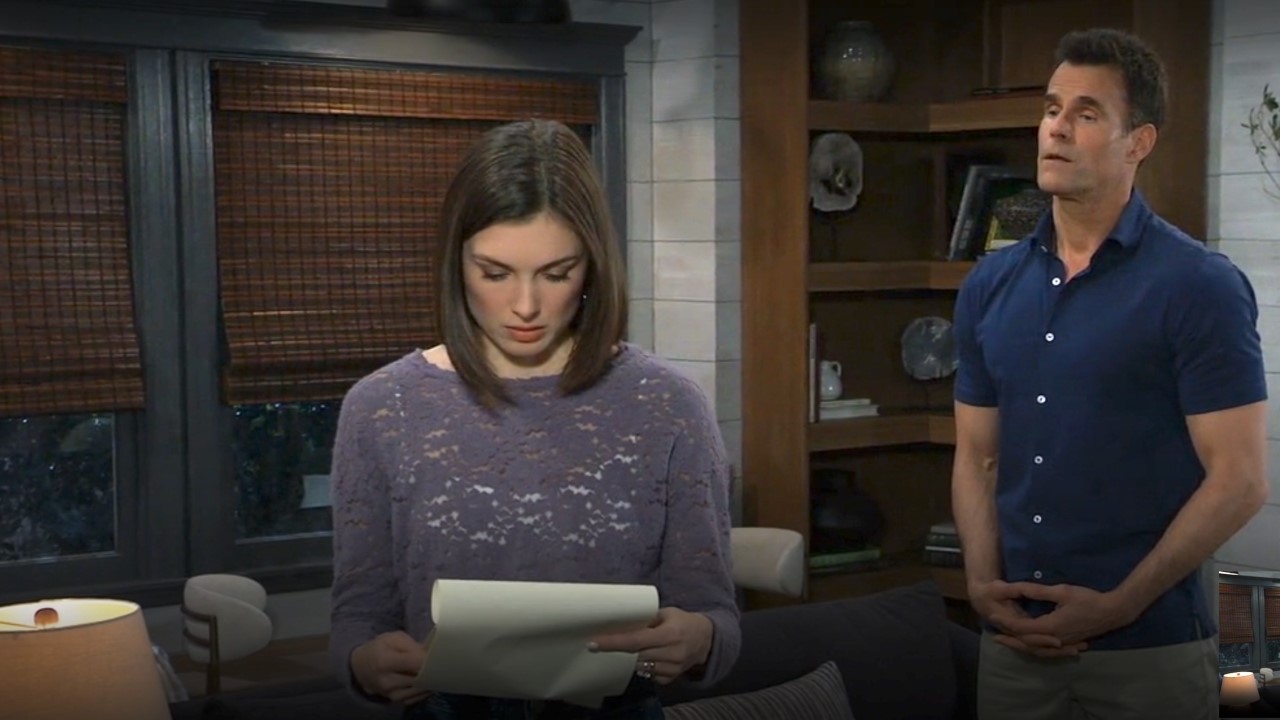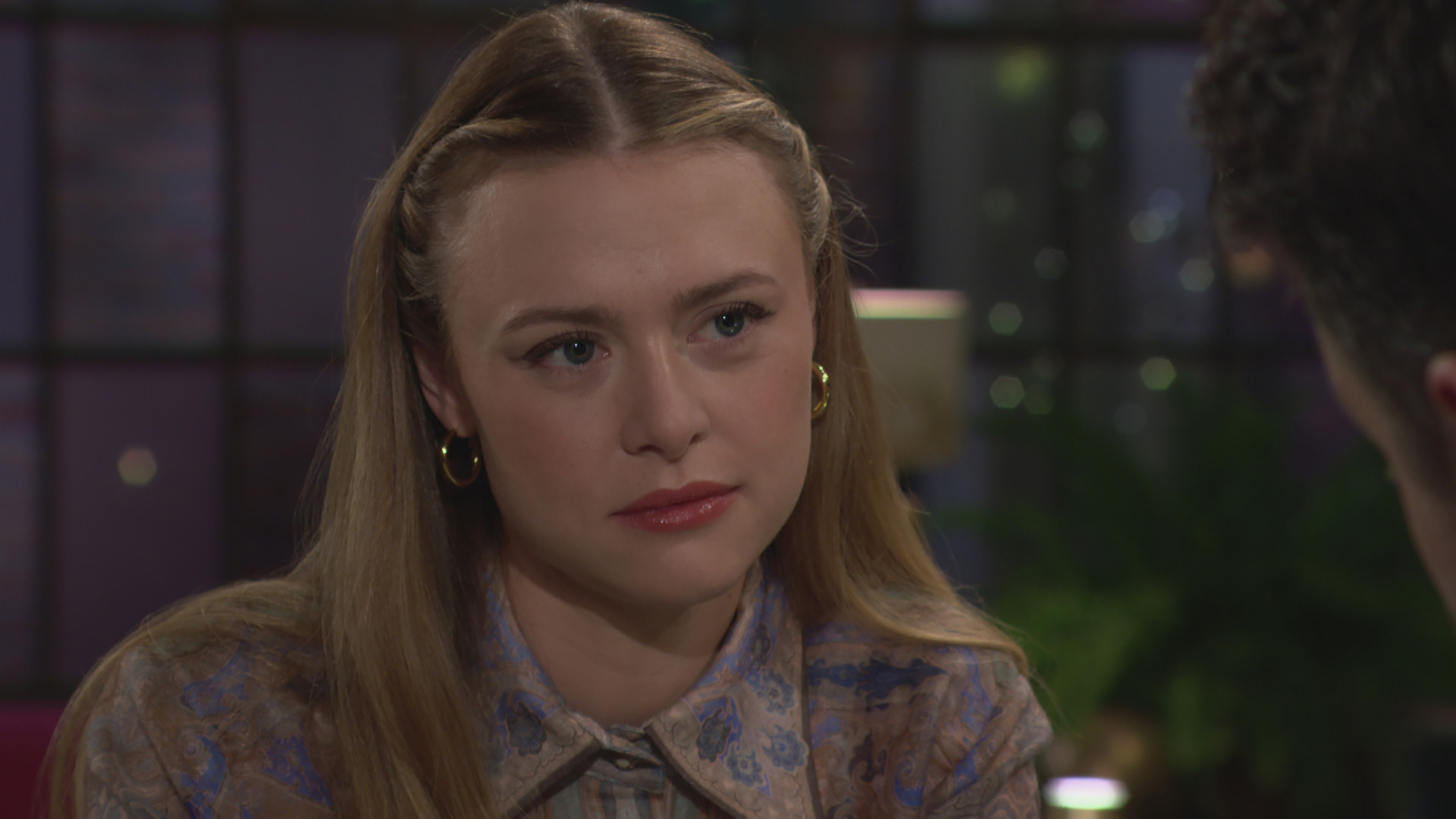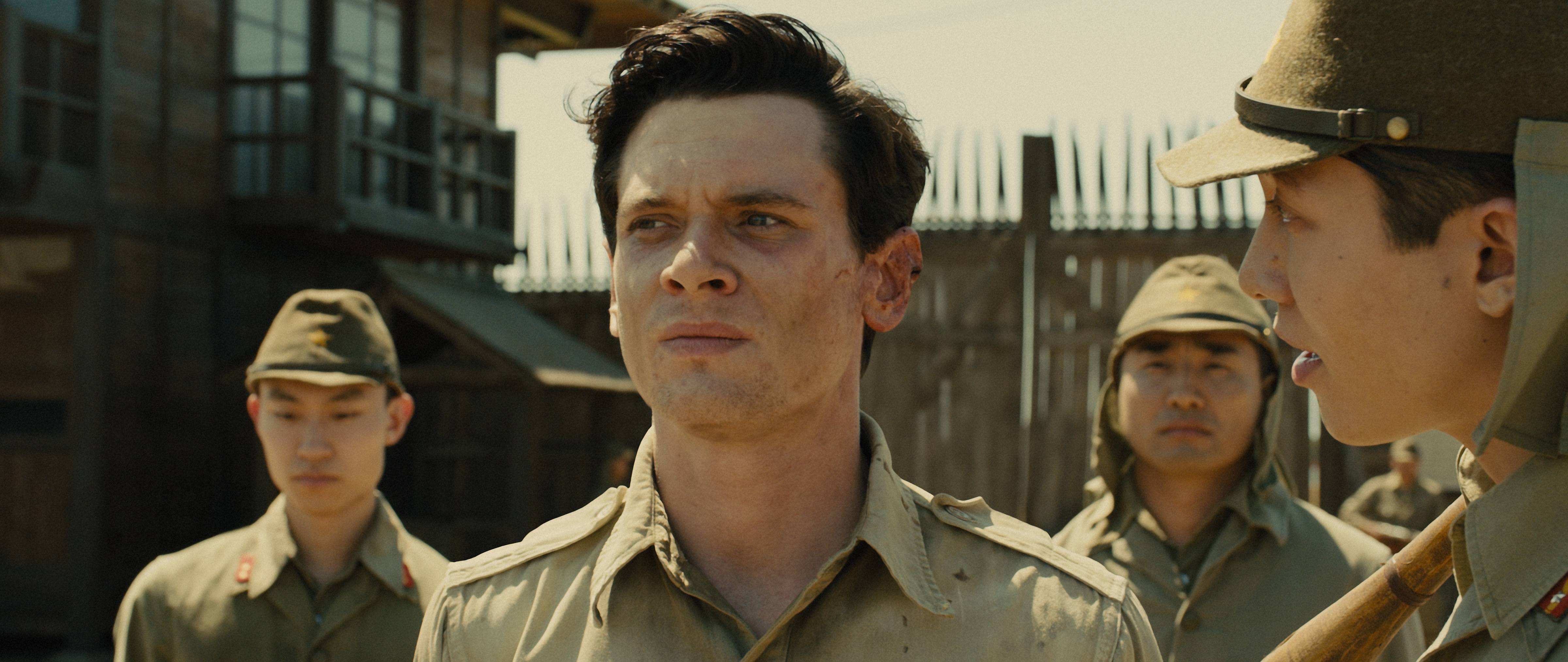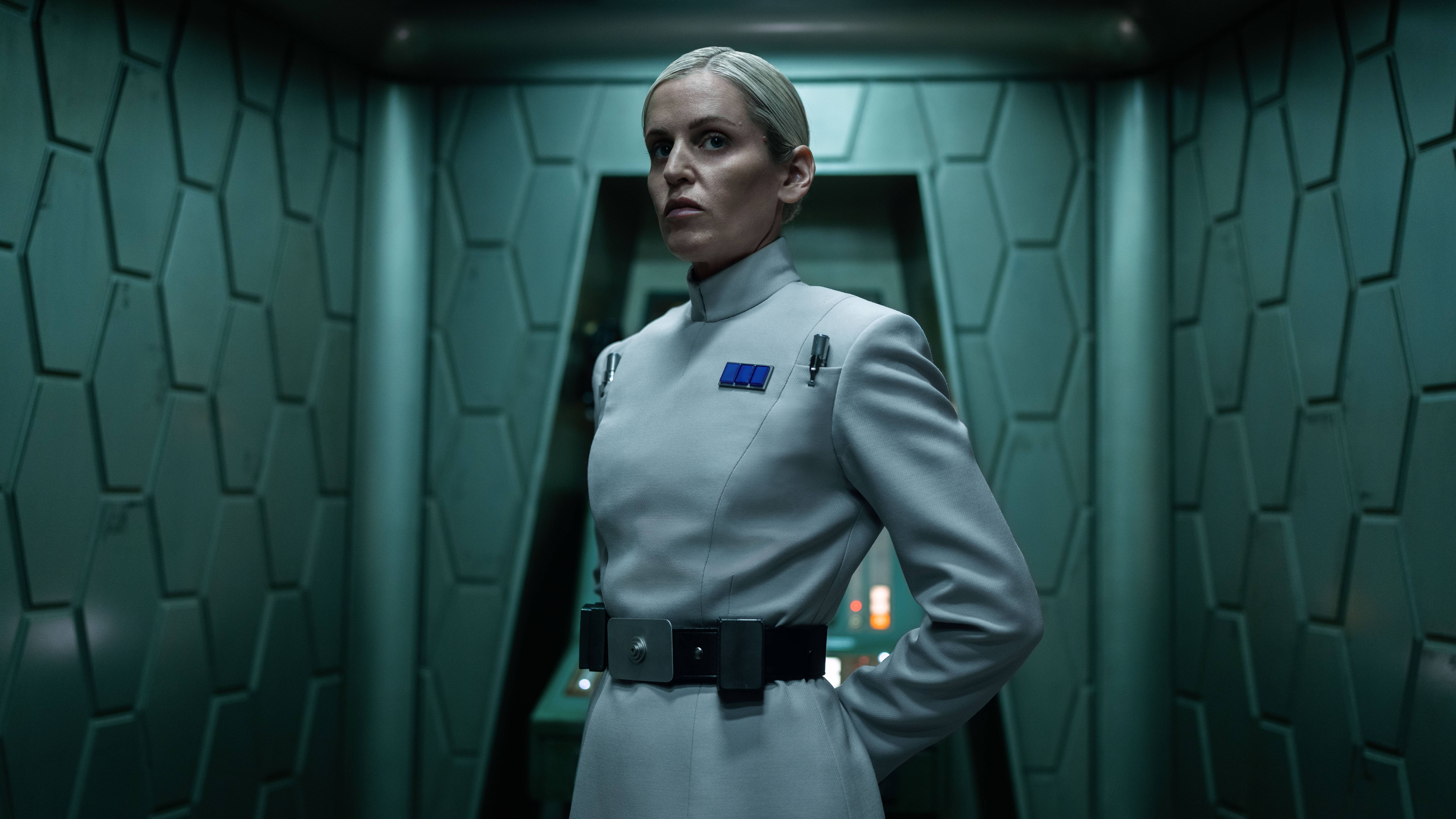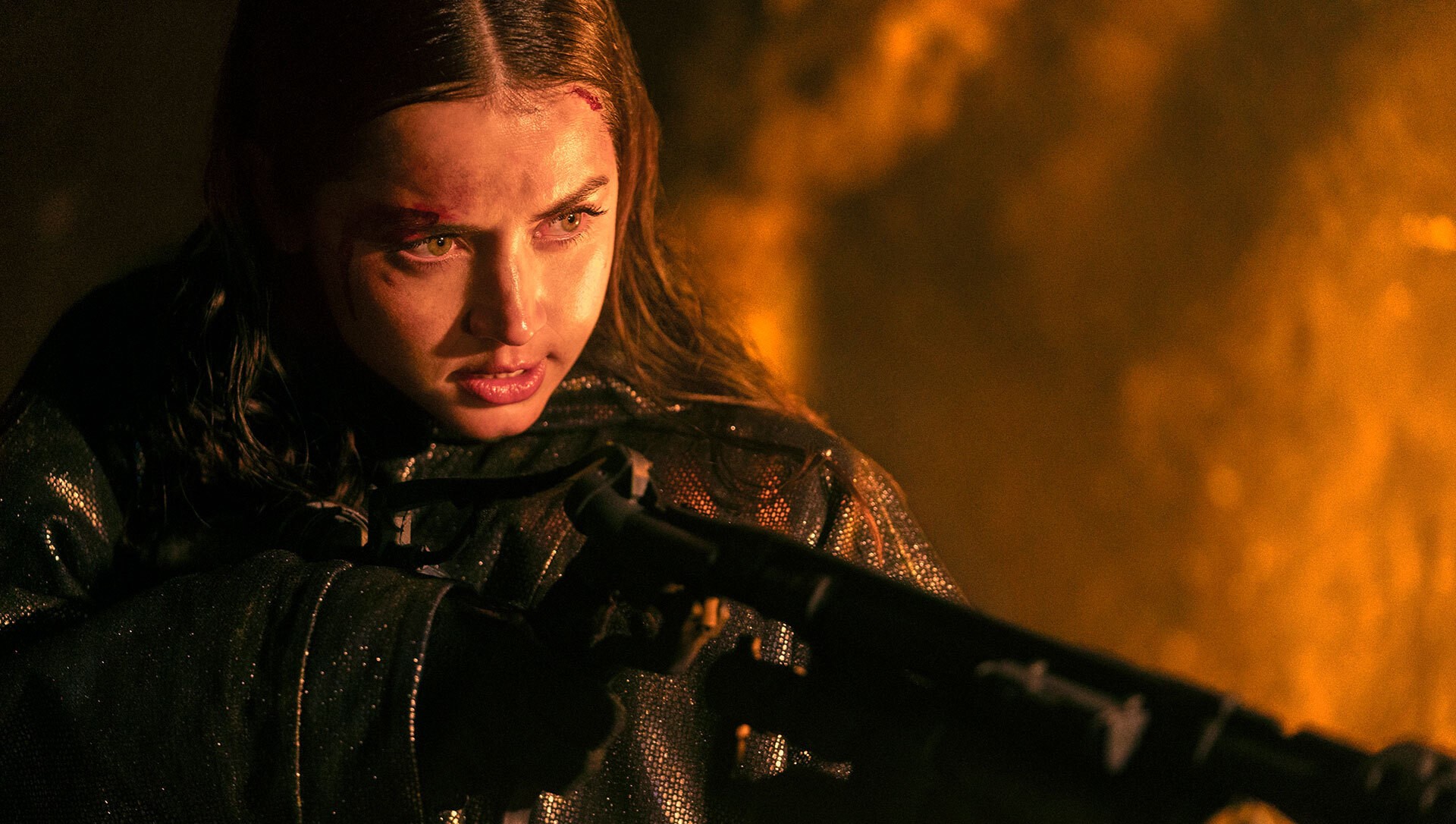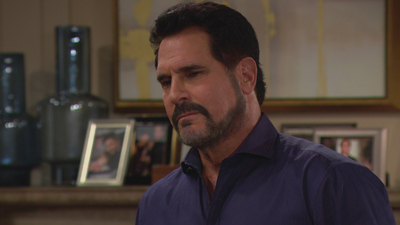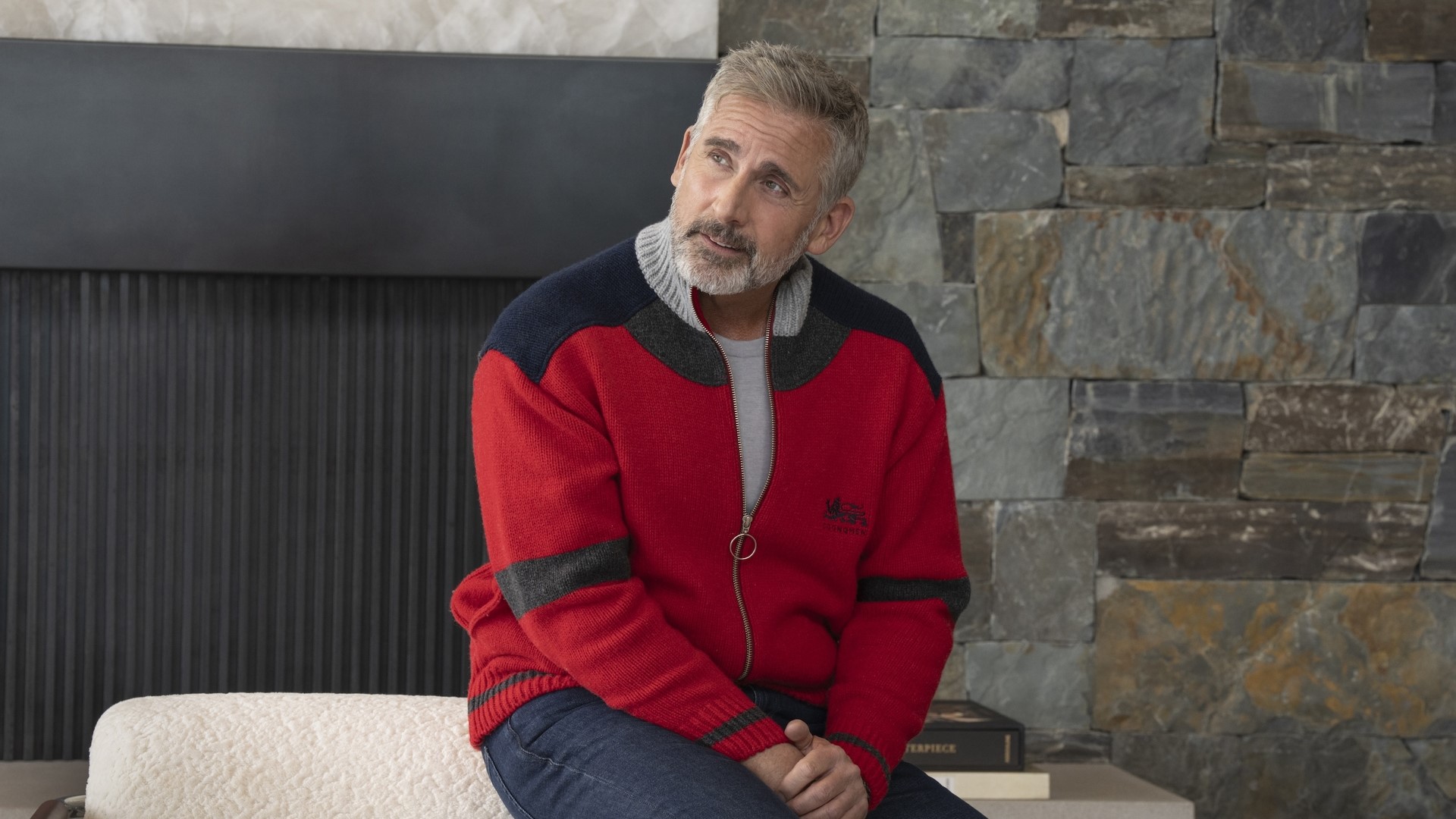A quick chat with Olivia Williams
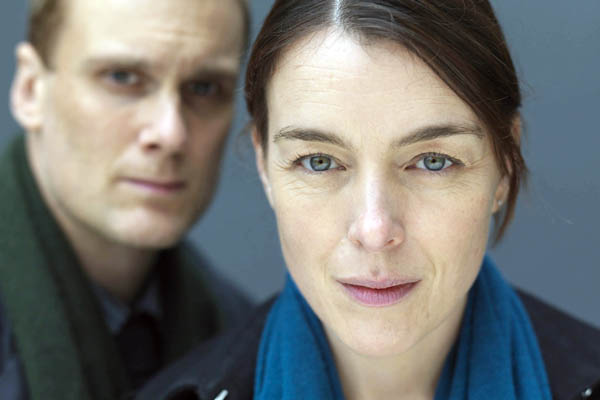
Olivia Williams teams up with Darren Boyd to star in the new crime drama Case Sensitive... From Morse and Lewis to Dalziel and Pascoe, TV detectives often work best in pairs, despite frequently being like chalk and cheese. This week, Zailer and Waterhouse join the ranks of the crime-fighting duos in the new crime drama Case Sensitive. The two-part series, which is screening over consecutive nights (ITV1, Monday 2 May and Tuesday 3 May), stars Olivia Williams as sensitive DS Charlie Zailer, who has been transferred from the Met to a force in the Home Counties, where she joins up with Darren Boyd’s socially inept but brilliant DC Simon Waterhouse. The drama sees Zailer heading up her first big case in her new job when a mother and her daughter are found dead in the bath in what appears to be a murder-suicide. However, the investigation becomes complicated when a hotel receptionist claims to have slept with the woman’s husband, played by Rupert Graves, but then fails to recognise him. TV&Satellite Week magazine caught up with Olivia Williams to find out more... What appealed to you about Case Sensitive? “I was living in LA for a year and doing some TV over there in things like Dollhouse and looking at various scripts because playing a female detective sergeant has become a bit like playing Juliet or Lady Macbeth, it is something that as an actress you want to do in your career. All the American scripts seemed to be trying to be like a British, Helen Mirren-type show so I thought, ‘Why don’t I just do this back home?’ Then this script came up and it all just fell into place and I knew Charlie Zailer was the detective sergeant I want to play.” What do you like about her? “She is an interesting character. She has moved from the Met in London to come to the counties and is carrying all that baggage with her. We are not clear what her background is because it would be an odd time to move from the urban murder squad into the provinces in terms of a police career so she has got a skeleton in her cupboard. She now has to deal with a room full of men and they are not that pleased to see her, so she feels that she has got something to prove and when the case starts off it looks simple and she keenly jumps to the obvious conclusions. However, she has got this incredibly irritating, slightly junior detective constable Waterhouse, played by Darren Boyd, who is also infuriatingly attractive and keeps on getting it right.” Do they complement each other as detectives? “They work in an incredibly different way so she is very good at interviews while he is a good lateral thinker, so they probably do complement each other in crime-solving terms, but in social terms it is quite a fractious and tough relationship. He is a bit of an outsider, not chatty or one of the boys, so at first she thinks he might be an ally because she is an outsider too, but then she realises he is actually a bit of a loner and she is also fighting an attraction to him so it is an interesting frisson.” What was Darren Boyd like to work with? “We get on very well, but it is awkward when you are a fan of someone, because he did an episode of Rev where he played a crazy evangelist and I saw that and thought, ‘This man is so good.’” Case Sensitive is based on Sophie Hannah’s novels, but do you feel less pressure because Zailer is not a particularly well-known literary figure? “Well, I do think traditionally that ‘top of the second league’ novels make better film or telly adaptations. That is not that I am saying that Sophie’s novels are in the second league, but I am just saying that when something is well-known and beloved you are messing with too many people’s ideals. I had that when I played Jane Austen, I couldn’t face people thinking that she didn’t look like that or she wasn’t as tall. So it is nice to be able to semi-invent Zailer without too many letters of outrage, but I am sure there will be some from massive fans. But Sophie seemed to think I would pass as Zailer.” Did you speak to her then? “Yes I did and Darren got pages and pages of emails, too. She sent me two of her books and I had my nose buried in those. She has so much to say and it is wonderful because as actors you want something to get your teeth into and she has given many layers and back-stories and insights into relationship between Zailer and Waterhouse. She was really animated and enthusiastic had a lot of opinions about her story and characters, but was able to let things go, too. One of the skills as a writer when your work is being adapted is to realise that TV or film is a completely different medium and they are going to have to mess with your baby and she has let that happen and be made into a good gripping show.” What makes this different from other detective shows? “The director was keen to emphasise that we are shooting a thriller, not just a police procedural. What Sophie does beautifully in all her books is to take what seems like perfect middle-class life and just twist the knife and go, ‘Looks nice doesn’t it? Well look far beneath the surface.’ She really paints a picture of suburban calm, but underneath there is highly cranked desperation and anxiety and the silent scream of the middle classes going on that can produce as grotesque crimes as they get in London and both Zailer and Waterhouse are part of that.” What research did you do? “I hung out with some female detective sergeants and none of them had any children which is just like Zailer who is a careerist and not very good with kids. What was interesting was the range of women doing the job; there was one who used to be an air hostess, others who had been in the force since they were 19 and one who had a PhD in criminology. I told them, ‘I have to apologise now because there are going to be a million things procedurally that are going to drive you nuts because we can’t show genuine police activity.’ I just wanted to get two or three details right though so that they would say, ‘Yeah, that’s what we would do or say, she has done her research.'” Did you go to any crime scenes? “No, we had to be careful about that because you don’t want to intrude on anyone’s privacy, but I think it is almost as important to see how they behave to each other and how they are around the station. I went out in the cars a couple of times and just hung out and followed them around and questioned them endlessly about why they hadn’t had children and what they would do if they had an insubordinate detective constable.” Are you interested in criminology? “Well, my mum is a criminal defence barrister and that is something I had to keep quiet when I was hanging out with the detective sergeants because my mother is traditionally their worst enemy. I did discuss the role with her, but we don’t go to court in this.”
Get the What to Watch Newsletter
The latest updates, reviews and unmissable series to watch and more!
Patrick McLennan is a London-based journalist and documentary maker who has worked as a writer, sub-editor, digital editor and TV producer in the UK and New Zealand. His CV includes spells as a news producer at the BBC and TVNZ, as well as web editor for Time Inc UK. He has produced TV news and entertainment features on personalities as diverse as Nick Cave, Tom Hardy, Clive James, Jodie Marsh and Kevin Bacon and he co-produced and directed The Ponds, which has screened in UK cinemas, BBC Four and is currently available on Netflix.
An entertainment writer with a diverse taste in TV and film, he lists Seinfeld, The Sopranos, The Chase, The Thick of It and Detectorists among his favourite shows, but steers well clear of most sci-fi.
